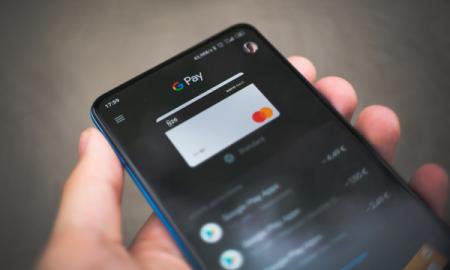As a librarian, you’re much more than simply someone who loves to read books. In essence, librarians are guardians and broadcasters of knowledge, organizing information and developing new ways in which readers can access materials through the latest technologies. Are you interested in becoming a librarian? Depending on which specialty is chosen, librarians can have different responsibilities, perform various tasks, and, according to that, require a completely different skill set. In this article, we will explain which specific skills are necessary for a good librarian.
- To solve complex problems: A librarian’s day to day activities is loaded with questions, petitions, and problems to solve. In addition, most of these problems need to be solved quickly, while performing other functions simultaneously. They may not be vast, life-changing problems, but any problem or necessity that a user has must be addressed and solved.
- Critical thinking: Without a doubt, this is a skill that accompanies librarians since the origins of the profession, and one that librarians are constantly trying to impart upon library users. Critical thinking is the process that proposes to analyze, understand and evaluate the way in which knowledge is organized.
- Creativity: Creativity has grown a lot during the last few years in a librarian’s world. The power of communication, broadcasting, and the approach to users have made librarians assume responsibilities in the creation of new activities, services, and forms of advertising that were rarely seen in libraries of the past.
- Staff management: The internal working team is one of the things that make a library a strong entity. This is why the coordination of workers inside a library is key to the library’s success.
- Emotional intelligence: The direct treatment of people while in the public makes emotional intelligence a much-needed skill for a librarian. Emotional intelligence refers to the ability to perceive, assimilate, understand and regulate one’s emotions, promoting emotional and intellectual growth.
- Orientation to service: Librarians work for those individuals who use the library facilities. In order to do this in the best possible way, they need to offer their assistance and services to help library users, all while trying to achieve certain expectations.
Besides being a librarian per se, someone who performs this job must also serve some functions that come close to other different job positions:
- Public Relations: The librarian needs to work with people in order to make them see the library as a vital location. Librarians need to constantly “sell” the pros and benefits of the library’s services and activities to make them a huge success. The final goal is to create a strong bond between the library and its users.
- Psychology: Sometimes, the librarians become a person that people can trust. This trust makes people start conversations about their own problems and concerns. Often, librarians become a friend, a trusted confidant, for many individuals. So, as many people come to expect librarians to listen to and assess their personal problems and needs, some “psychology” skills can be required for the job!
- Professor: Libraries have become a source of training and teaching for people regarding the use of information, searching skills, and new technologies. This training may be complemented with the inclusion of language learning groups or writing workshops, among many other activities. So, having the ability to train people, without forgetting the importance of internal training amongst colleagues, is important.
- Lawyer: The librarian is a mediator, a go-between amongst information and a user, even if that information does not meet a user’s requirements. Apart from that, a librarian has to defend copyright and intellectual property of the works and the authors. A librarian is a defender of just causes in social life and usage of contents.
- Policeman/Detective: A librarian is a force of security in which you can trust, and you can ask them for advice with things such as network security and application of rights of information. Apart from that, a librarian is a good researcher who can help people to find what they are looking for. They may give hints and tips for people to continue their search until they find the data they need or may give users a direct solution for a specific case.
Do you believe you have what it takes to be a librarian? Then, the next thing to do is enroll in an MLS (Master of Library and Information Science) course and make your dreams come true. You can several different MLS programs with various approaches to librarianship out there, so start now!






